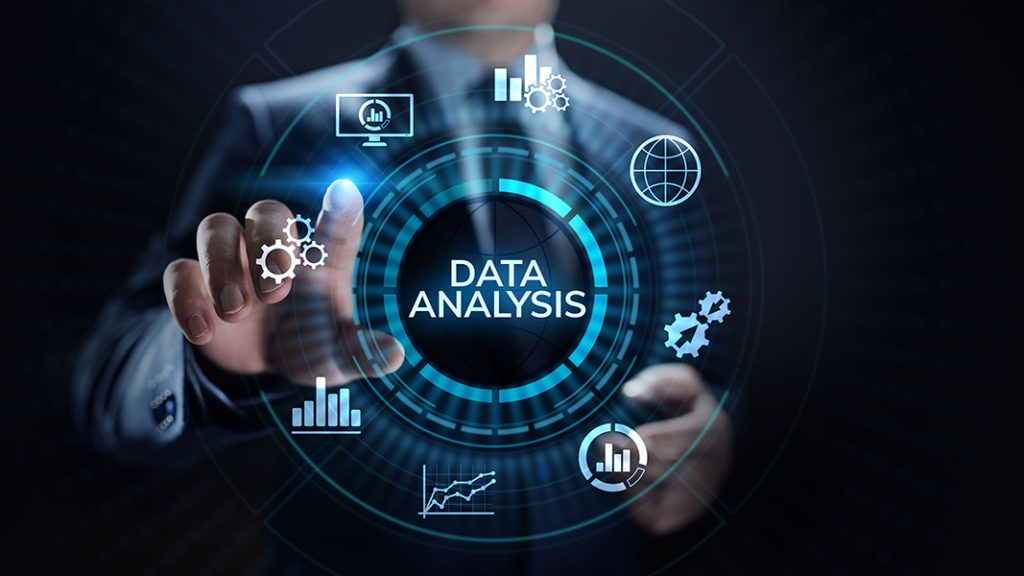
How To Use Data Analytics To Boost Guest Satisfaction- In the ever-fast-developing hotel industry, implementing the latest trends and technology to better meet the guests’ needs and enhance their stay is now no different.
Hotels today strive hard to blend with modern technology with the same goal of satisfying the guests better than any other hotel.
Data analytics is a modern concept in the Information Technology(IT) industry that helps various sectors to develop and improve by leveraging the data.
This article deals with the role of data analytics in the hospitality industry especially in improving guest satisfaction.
Understanding Data Analytics In the Hospitality Industry
As mentioned earlier, data analytics is a new and compelling concept in the information and technology industry that involves technology and computers to collect, process, and analyze data in any field.
Data analytics is the process of inspecting, cleansing, transforming, and modeling data to discover useful information, inform conclusions, and support decision-making.
Source: Wikipedia
In the hospitality industry, data analytics can be used to collect and analyze data from various sources such as booking patterns, frequent complaints patterns, frequently ordered dishes, etc. to make better business decisions.
For instance, if a hotel has noticed a significant increase in the number of guests booking a stay on Saturday mornings. The hotel can use this data to ensure they have enough staff to handle the increased check-ins and pre-prepare the rooms for the guests to check in instantly.
The data, if properly collected and analyzed, will prepare the hotel to deal with most of the situations even before they arise.
This highlights the importance and capability of using data analytics in the hospitality industry.
Enhancing Guest Satisfaction Through Data Analytics
Enhancing guest satisfaction has always been paramount in the hospitality industry and every technology in the hospitality industry aims at achieving it.
Using Data analytics, hotels can leverage on data generated, to understand and improve guest satisfaction.
Here are some key ways in which data analytics can help hotels enhance the guest experience.
1. Personalised Guest Experience
Guests today expect personalized service that meets their specific expectations. Hotels can leverage the data from the requests or complaints made or the feedback given during their past stays to offer a personalized experience.
For example, a frequent guest who prefers a specific type of food on his stay is offered the same choice of food automatically by the hotel from analyzing the data stored.
This will leave a positive impact on the guest and will build strong customer loyalty. This strategy will promote positive word-of-mouth marketing for the hotel by the satisfied guest.
2. Predictive Analytics For Booking Patterns
Hotels must ensure that rooms are cleaned and prepared before the next guest checks in so that the guest does not have to wait after check-in for the room to be ready, which can create a bad impression.
Imagine a hotel that has available rooms but the rooms aren’t ready for guests checking in during peak hours due to a shortage of housekeeping staff. This could significantly impact the hotel’s revenue, as guests may opt to check in at a competitor’s hotel for quicker service.
If the hotel leverages on data to identify booking patterns and notices a considerable surge in room bookings in a specific month, for example, December, and has the rooms prepared and the staff ready to serve guests, it will increase its revenue and guest satisfaction due to quick service despite the busy schedule.
3. Managing Complaints and Requests
Guests tend to make requests or complaints if their specific requirements are not met.
Hotels must emphasize resolving guest complaints and requests quickly and also reduce the number of complaints and requests by meeting their needs to a greater extent.
If a hotel could keep track of complaints or requests and analyze the specific patterns of the registered complaints, it could address them before the next guest experiences them.
This helps hotels improve and maintain a competitive edge in the industry by standing out from the crowd.
4. Marketing and Campaign Optimization
Marketing these days has various forms and hotels have to identify the pattern in which their customers i.e. the guests can be targeted the most.
Using data analytics hotels can analyze specific customer behavior that can reveal patterns such as peak purchasing times and preferred platforms for research.
This information could help hotel marketers run their campaigns or marketing strategies accordingly to ensure the information reaches the audience at the right time thereby increasing their revenue.
5. Future Trends And Innovations
Living in a fast-paced world, people always adapt to new trends almost every day.
Hotels updating and adapting the new trends tend to attract a lot of new customers and increase the number of return customers.
For example, people these days especially businessmen have been more conscious about their health and have adopted yoga as their daily activity. So a business hotel or a hotel with the majority of business guests may include yoga essentials in their rooms to make them more comfortable and provide them with an exceptional homely stay thereby meeting their specific needs.
This creates a lasting impression on the guest because it addresses and meets their requirements.
Conclusion
Data analytics is now a necessity for hotels aiming at continuous improvement.
Hoteliers have recently discovered that relying on data could strengthen their services, increase their revenue, increase guest satisfaction, and also provide a clear insight into future improvements.
Relying properly on the properly collected and accurate data can greatly help hotels attract a significant number of new customers and increase the number of return customers.
Embracing technologies like data analytics will help hotels meet and exceed the guests’ expectations, driving loyalty and long-term success.